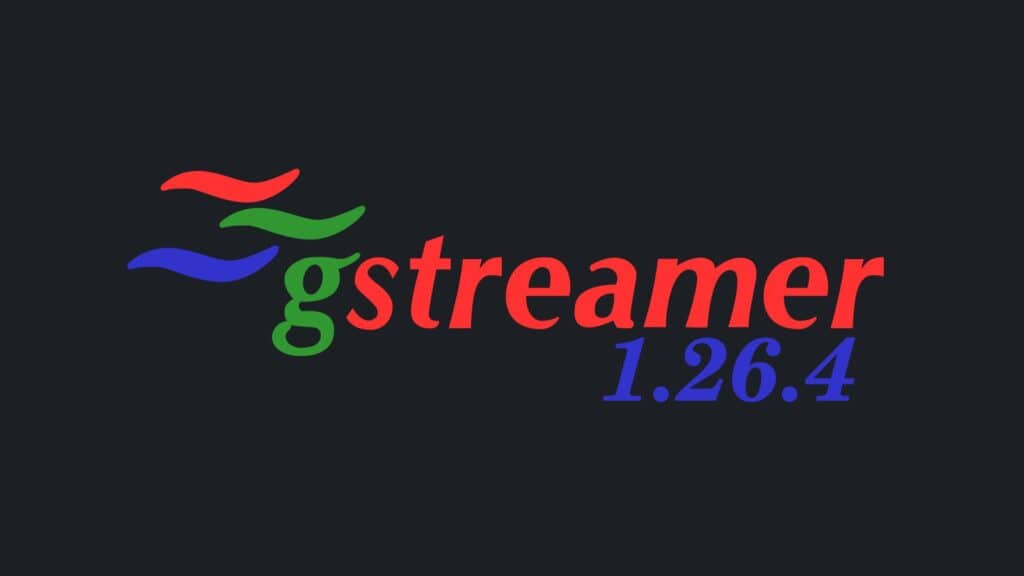The GStreamer team has released a new bug-fix update, 1.26.4, of its cross-platform open-source multimedia framework for the stable 1.26 series.
First off, adaptivedemux2 has finally nailed down reverse playback, fixing an issue that’s been bugging some users. On the Windows side, d3d12screencapture now neatly supports dynamic monitor setups, gracefully handling monitors as they’re connected or disconnected.
For those streaming folks using AWS MediaLive, the rtmp2src element has undergone several key tweaks to ensure playback proceeds smoothly. And if you’re working with VP9 video, vp9parse now properly handles spatial SVC decoding, clearing up some pesky visual glitches.
In terms of streaming optimization, rtph265pay now neatly includes profile-id, tier-flag, and level-id in RTP caps, helping keep video streams clear and compliant. Additionally, vtenc fixed a negotiation snag with the profile=main-422-10 setting.
The gtk4paintablesink received some love too, adding YCbCr memory texture formats and other handy improvements. Meanwhile, livekit introduced a convenient room-timeout feature, making life easier for users managing live communication setups.
Another cool update—mp4mux now supports TAI timestamp muxing, which is great news for anyone deep in multimedia file production. And let’s not overlook rtpbin2, which resolved various race conditions, resulting in an overall performance improvement.
Threadshare also brought something interesting to the table with the new ts-rtpdtmfsrc element, plus run-time input switching in ts-intersrc, offering flexibility for dynamic streaming environments.
WebRTC users will appreciate the fixes to webrtcsink, particularly the deadlock issue when setting remote descriptions—a small but crucial fix to keep those calls running smoothly.
For the installers, Cerbero’s WiX installer for Windows underwent a tidy-up, ensuring that all necessary property files are included in the MSI packages. Additionally, Mac and iOS packages have been slimmed down, cutting out some unnecessary bulk.
Lastly, this release also quietly addressed numerous build issues, memory leaks, and miscellaneous stability bugs.
For more information, see the announcement. Binaries for Android, iOS, macOS, and Windows are expected to be available soon.
